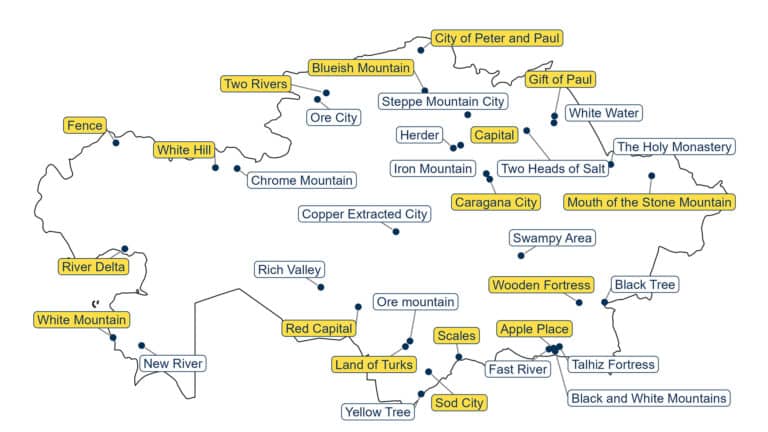
Over the past 12 months, merger and acquisition activity has increased across various sectors, notes Jefferies U.S. small- and mid-cap strategist Steven DeSanctis. This bodes well for the small-cap segment, since most deals involve smaller companies and improve their efficiency and performance.
Details
The number of M&A deals has now surpassed last year’s total, with 58% involving companies with a market capitalization of less than $1 billion, according to DeSanctis of the investment bank Jefferies, as cited by Seeking Alpha. This segment, he says, is often ignored by investors and the most undervalued. He goes so far as to say that “some of these companies should not be public given the lack of [investor] interest.”
Given this, M&A activity should “stay elevated and accelerate,” he argues. Another factor cited is the $2.5 trillion in cash sitting on corporate balance sheets. DeSanctis believes that M&A translates into better performance and efficiency for smaller companies.
Context
Since the beginning of the year, the Russell 2000 index, which tracks the performance of 2,000 small-cap stocks, is up around 11%, while the S&P SmallCap 600 has gained slightly less than 8%. Meanwhile, the large-cap S&P 500 index has added close to 23% for the year to date.
“The Fed starting to cut this week could very well serve as a catalyst to get investors interested in small-cap companies,” Matt Palazzolo, a senior investment analyst at Bernstein Private Wealth Management, told MarketWatch before the Fed decision in September.
Some small caps have already delivered triple-digit returns this year. Financial analyst Georgy Timoshin of Freedom Finance Global highlights Lumen Technologies, a U.S. telecommunications company, which gained 545.5% just in the third quarter. Nevertheless, he cautions against “survivorship bias,” whereby investors draw conclusions based on data from the firms that have survived and thrived, even though about 20% of companies fall out of the Russell 2000 index every year.













